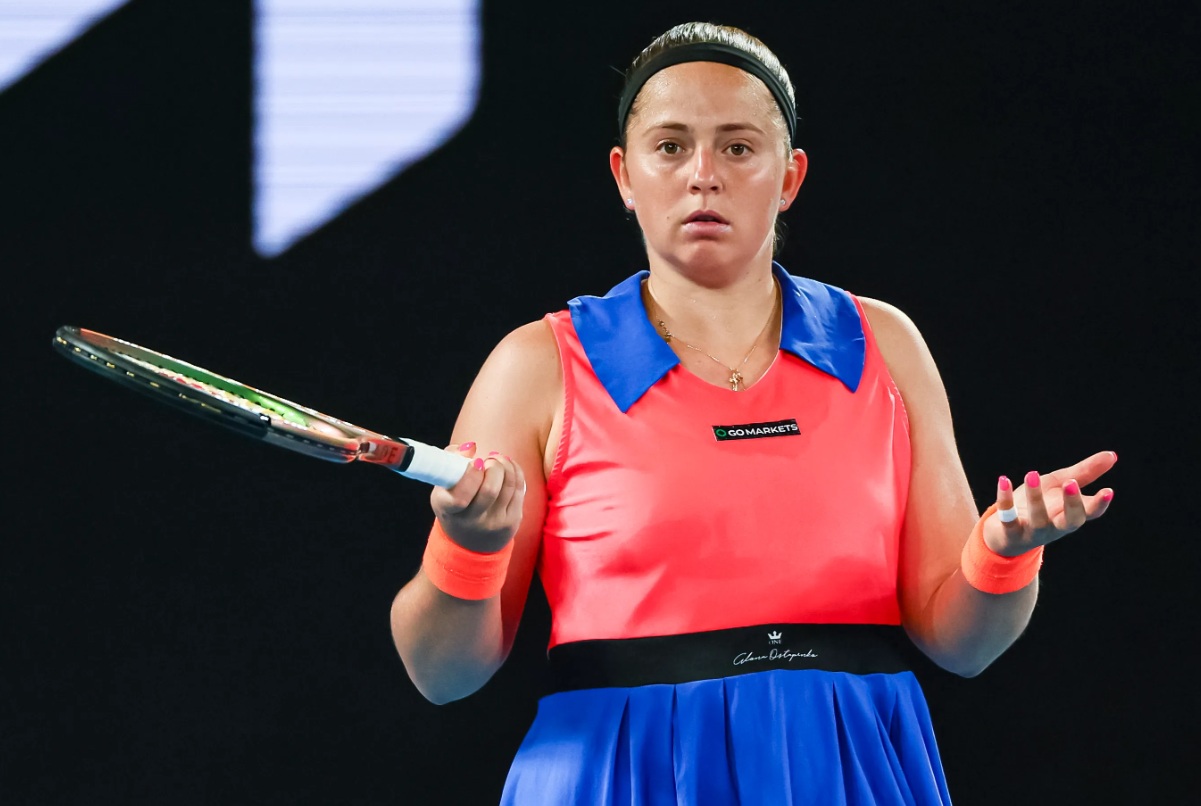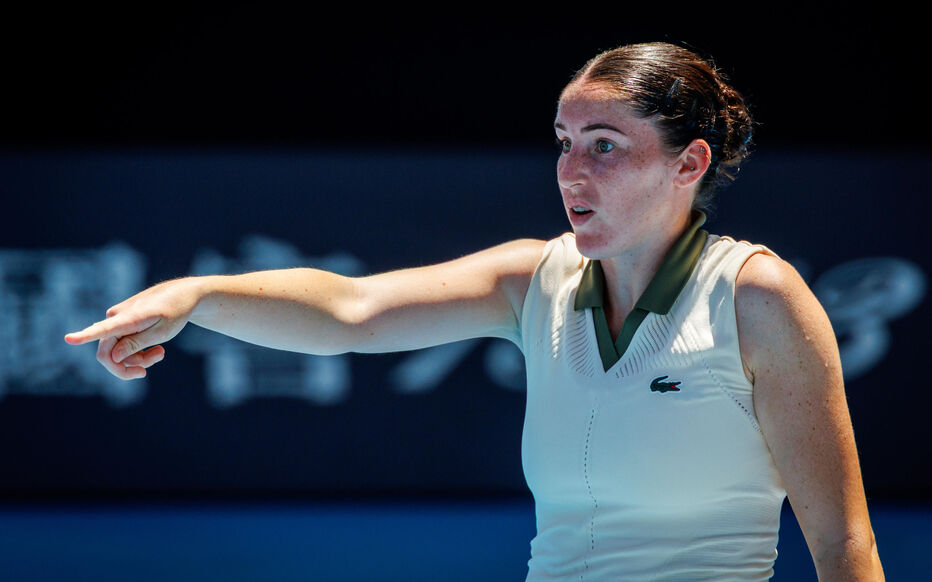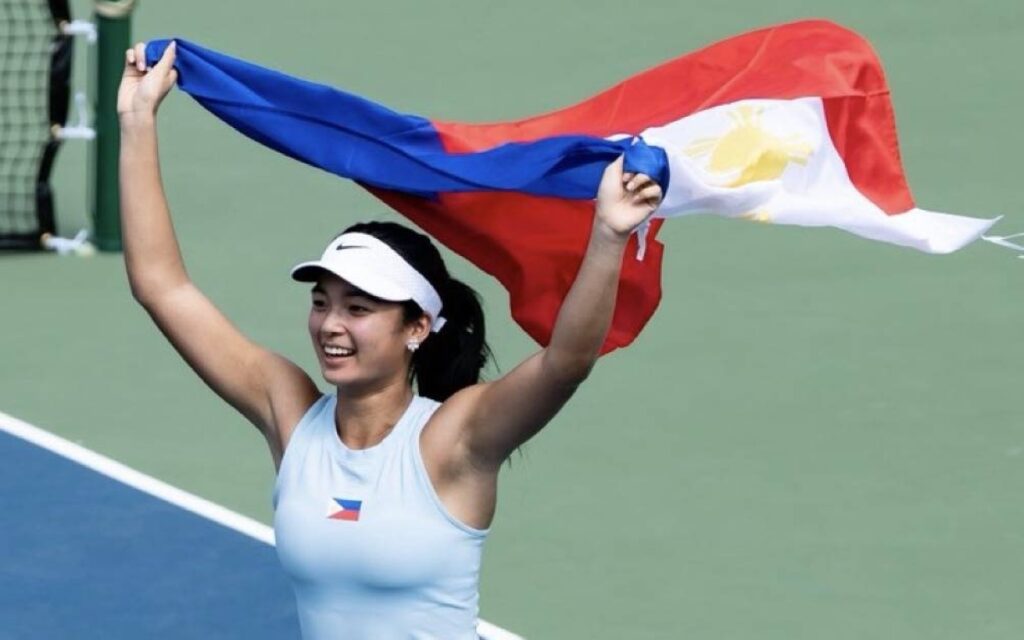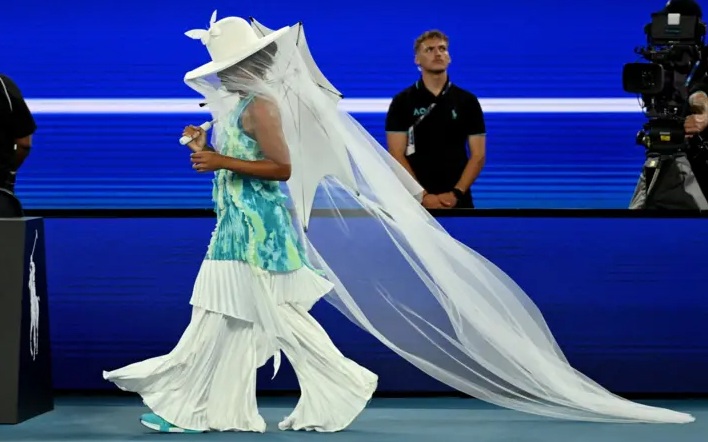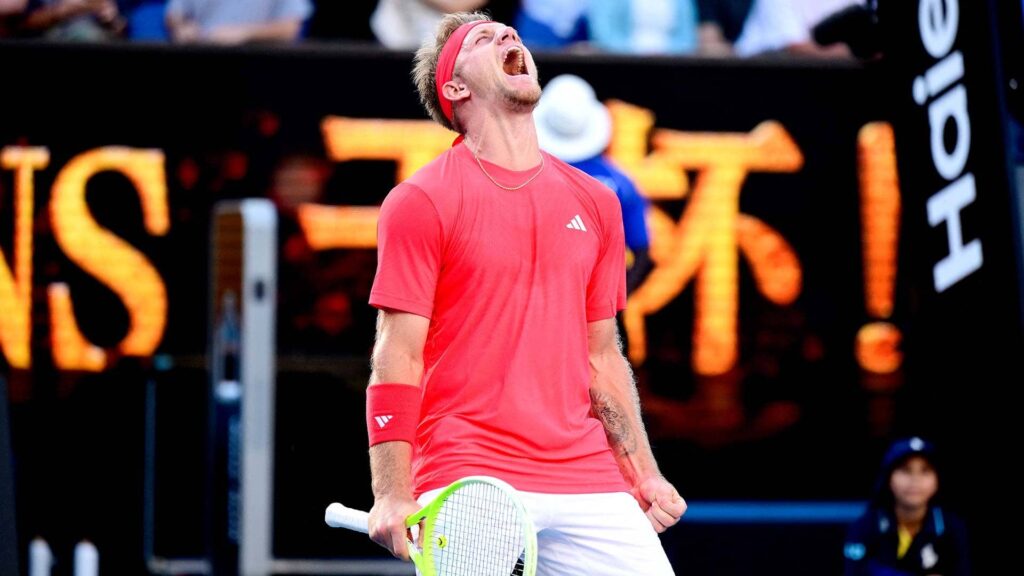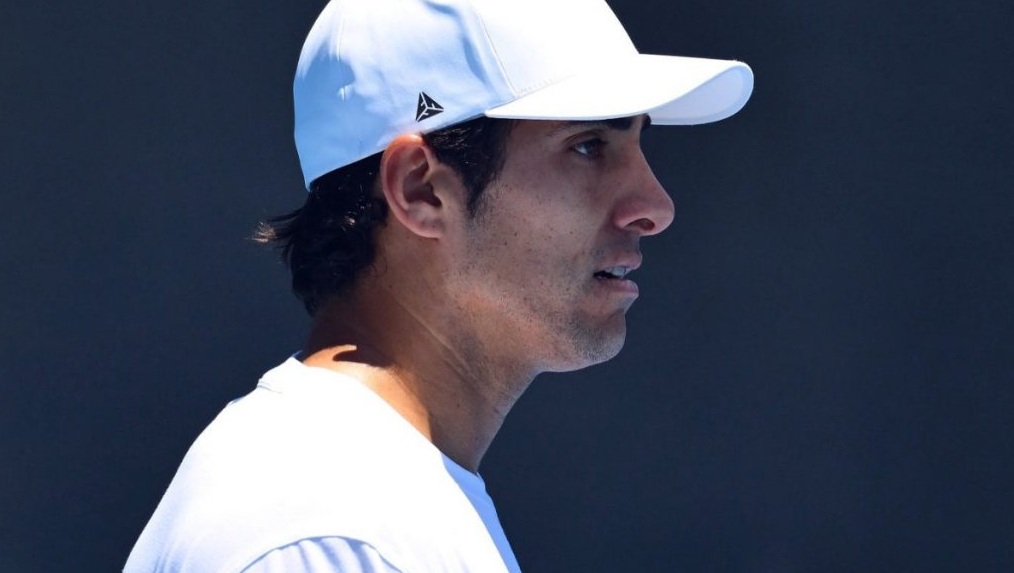NEW YORK – Jelena Ostapenko cannot be expected to know that telling a Black American she lacks education carries a long historical stigma of racism in the United States.
She should be excused. In some way, she should be understood.
Much as perhaps Taylor Townsend should be understood, after saying in a recent interview with CLAY that women are not mistreated in Saudi Arabia.
“The narrative out there, the propaganda media about how women are treated… it has nothing to do with what I saw,” said Townsend, overlooking reports from the Committee on the Elimination of Discrimination against Women (CEDAW), Amnesty International and Human Rights Watch, all of which document that women there continue to suffer from a lack of freedoms, oppression and gender-based violence under a deeply discriminatory legal system.
The North American player visited Riyadh to compete in the WTA Finals. She experienced the excellent treatment afforded to an elite tennis player at one of the most important events on the calendar. She spoke from what she saw, but overlooked a reality that is far more complex.
Three years ago, in a conversation with CLAY, Ostapenko shared some revealing thoughts about her charismatic and fiery personality, and how she deals with opinions about her.
“If people know you, they will always talk about you. Good or bad, they will still talk. The bad thing is when they don’t talk about you. That means you are no longer interesting”
And this week, marked by a series of tantrums and discussions among players at the US Open, people spoke about her more than ever.
“You have no education, you have no class,” was the line the 2017 Roland Garros champion aimed at Townsend after their second-round match, sparking a wave of media attention that spread well beyond tennis and sport.
It was an unfortunate place – and rival – to use those words. A language and cultural barrier also needs to be taken into account.
It is true, as Naomi Osaka put it, that “it’s one of the worst things you can say to a Black player in a predominantly white sport.” But it is also true that Ostapenko, a 28-year-old from Riga, the capital of Latvia, cannot be expected to have full awareness of the heavy historical connotation that dates back to the era of slavery in the United States.
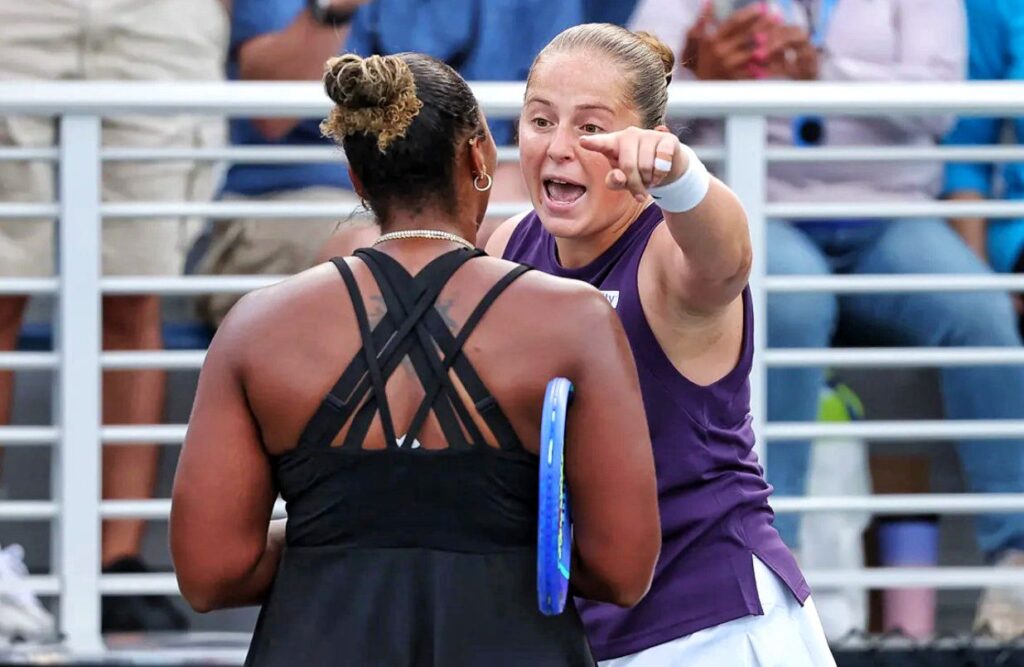
One of the African American journalists accredited at the US Open, who asked Townsend whether Ostapenko’s remark carried racial undertones, shared his perspective with CLAY on one of the issues that dominated discussion. He used an example from American football to explain how racial discrimination and the historical stigma of limited access to education have evolved.
“Coaches never put Black athletes in the quarterback position (the brain of the team) under the stereotypical belief that they were more physically gifted but ‘less intellectually capable.’”
For the African American community – with a strong presence in New York – Ostapenko’s words are a deeply charged insult. But who did the comment come from? Was it made by a white North American player from a wealthy family in Georgia, Illinois or the West Coast?
Ostapenko does not come from Jackson, Mississippi – one of the clearest examples in the United States of a white elite coexisting with a long history of discrimination against the Black population. Far from it.
Ostapenko’s apology came with an undeniable point: “English is not my native language.”
Language barriers exist, and people who make the effort to speak in someone else’s language can often be misunderstood. United States culture, so often self-centred, tends to overlook that.
There is also another cultural barrier: in most cultures, saying someone “has no education” points to poor behaviour or rude attitudes. Not necessarily to a lack of intelligence or access to education.
Let’s not be hypocrites: we have all enjoyed Ostapenko’s on-court drama, her run-ins with rivals and her flamboyant, out-of-the-box style.
She does not deserve to be torn apart now. To call her racist is completely unjustified.
